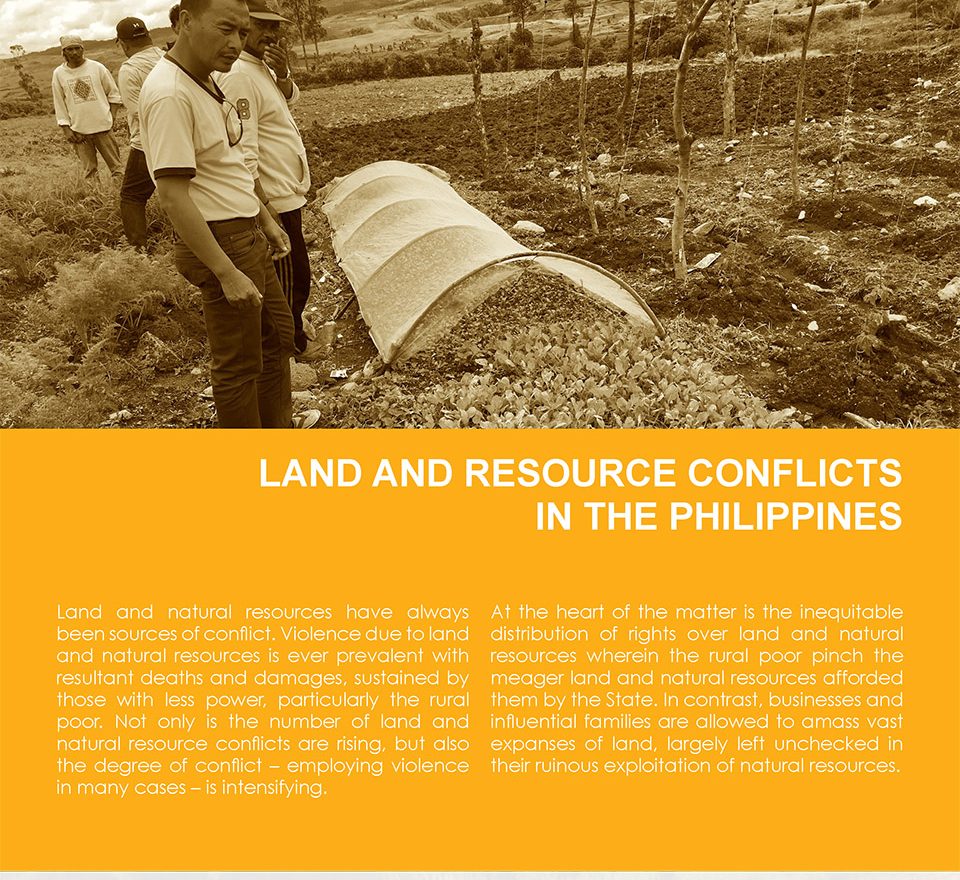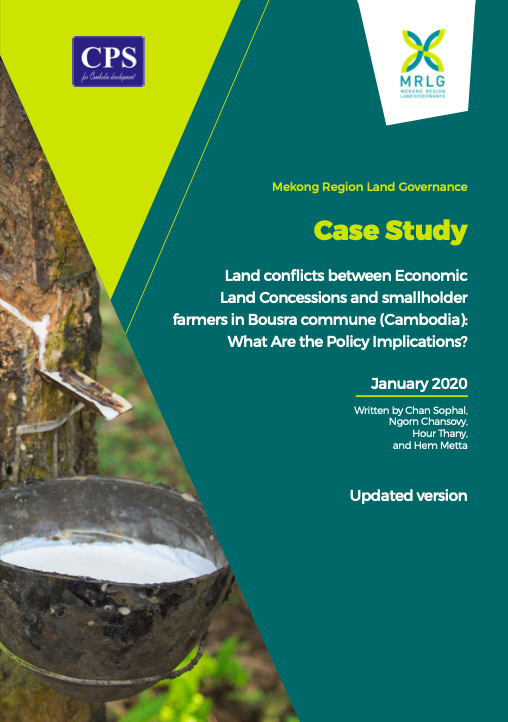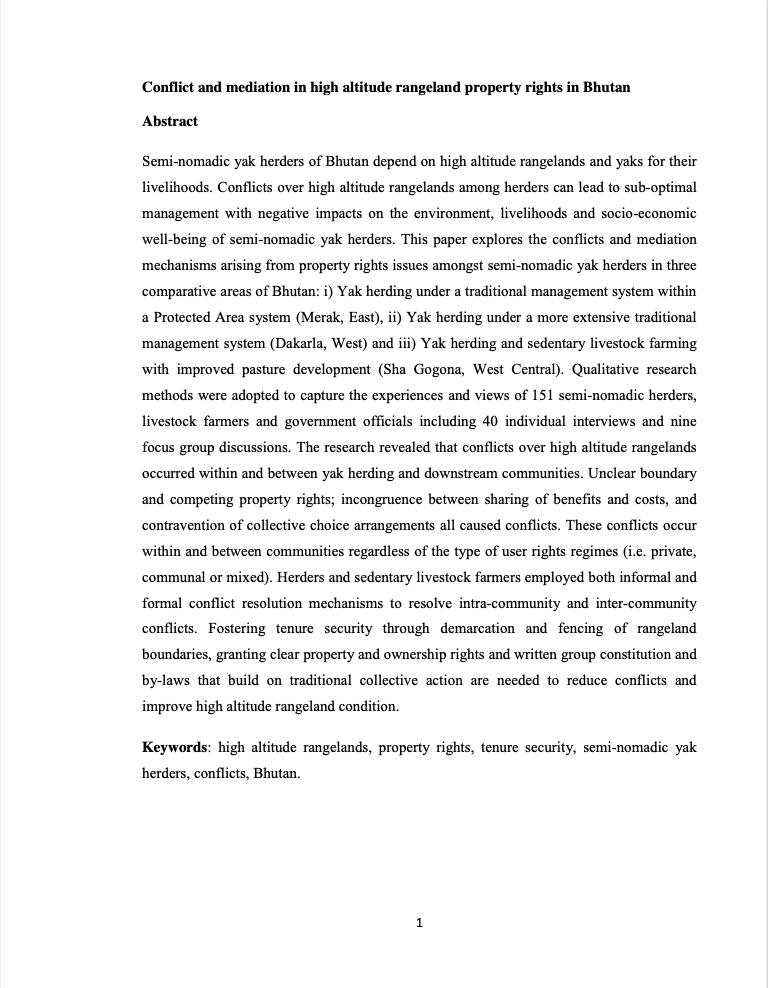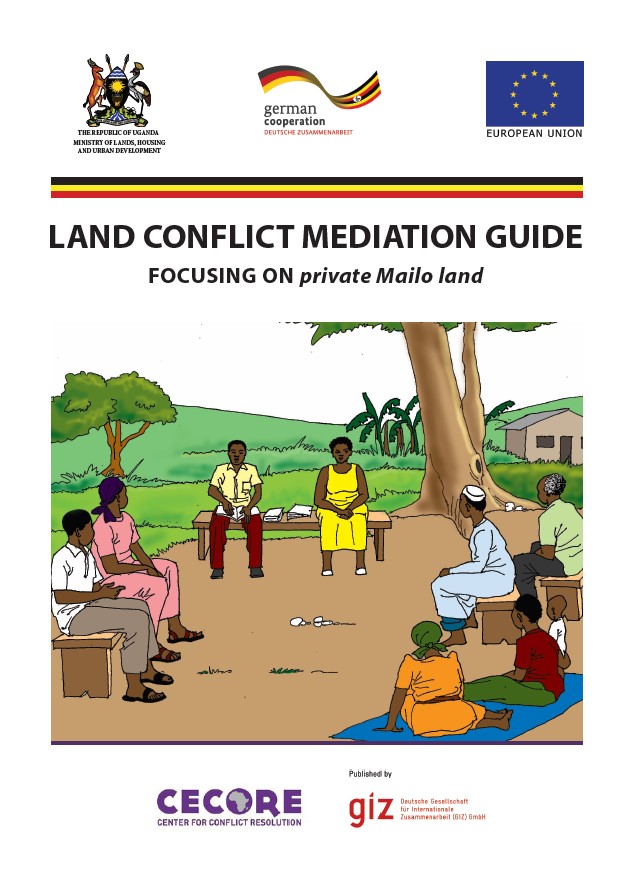Land and Conflict in Papua New Guinea: The Role of Land Mediation
Anecdotal evidence suggests that conflicts over land and extractive resource developments are on the rise across Papua New Guinea. These micro-level conflicts have the potential to scaleup and feed into large-scale armed conflicts—such as those that occurred on Bougainville and in neighbouring Solomon Islands—which require costly external intervention. Against this backdrop, this paper examines PNG’s legally-mandated land mediation system in theory and practice. A number of weaknesses are identified and described; and a case study of an apparently successful “hybrid” approach is discussed.








